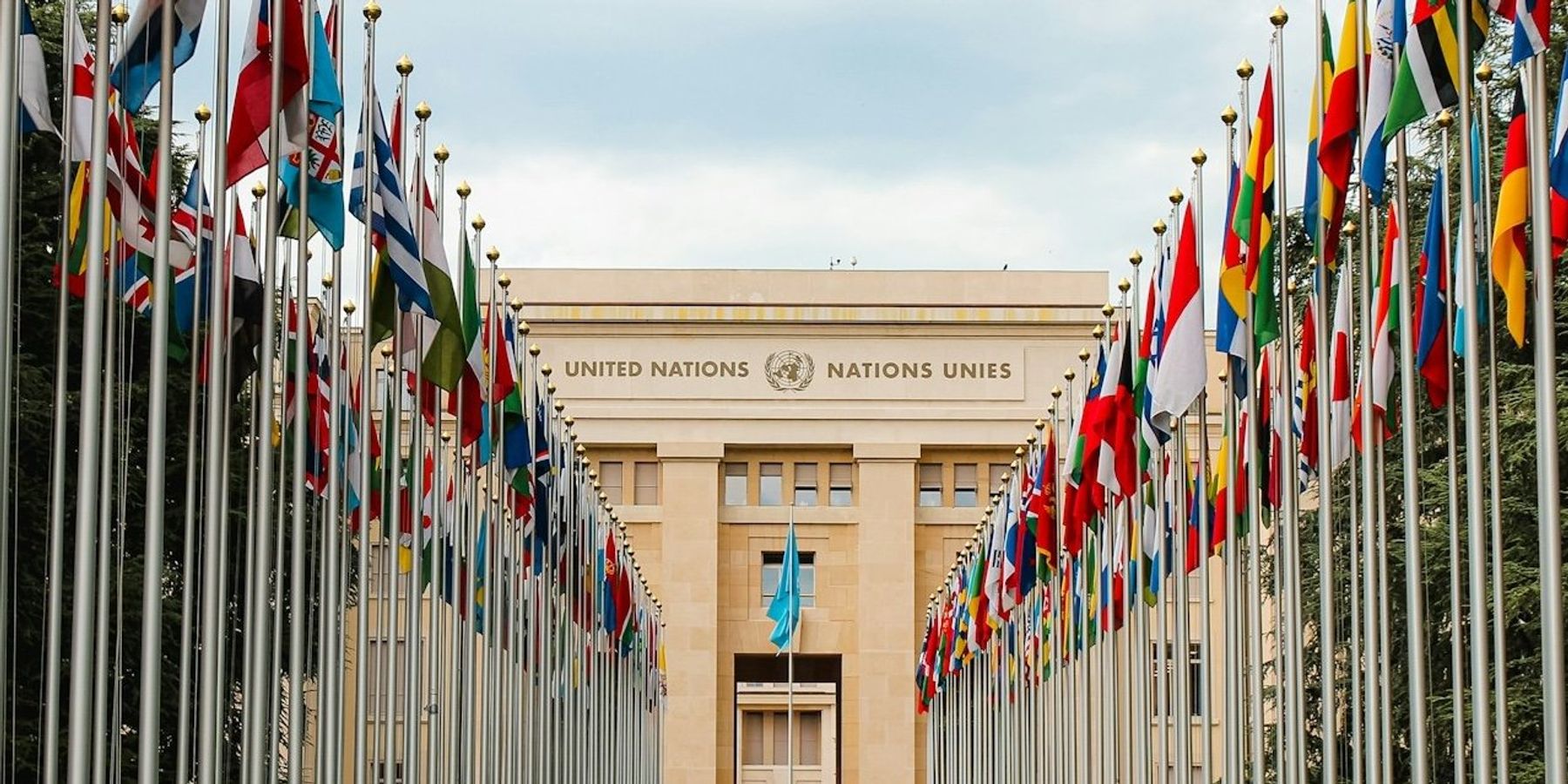
Plastic pollution treaty talks end with no agreement
Negotiators failed to reach a deal on a global treaty aimed at curbing plastic pollution and plan to resume talks at a later date as disputes over production limits and toxic chemicals persist.
Jennifer McDermott reports for The Associated Press.
In short:
- Delegates from 184 countries clashed over whether the treaty should cap plastic production or focus on recycling, reuse, and safer chemical use.
- Powerful fossil fuel-producing nations and the plastics industry resisted production limits, arguing the treaty should prioritize waste management.
- Negotiators released a revised draft recognizing the unsustainable growth of plastics and the need for a coordinated global response, but no consensus was reached.
Key quote:
“We are going in circles. We cannot continue to do the same thing and expect a different result.”
— Graham Forbes, head of Greenpeace delegation in Geneva
Why this matters:
Negotiations produced a draft that acknowledges the runaway growth of plastics and the global health and environmental risks — microplastics in oceans, toxic chemicals leaching into food and water, and communities burdened by mountains of waste — but it’s still just words on paper. The world is still waiting for leadership to turn concern into concrete action.
Read more: Read more:
- U.S. pressures countries to drop global plastics cap at treaty talks
- A stalled global plastic treaty threatens our future fertility
- Environmental justice advocates criticize lack of inclusion in plastic treaty negotiations
- Petrochemical plants send millions of pounds of pollutants into waterways each year: Report













